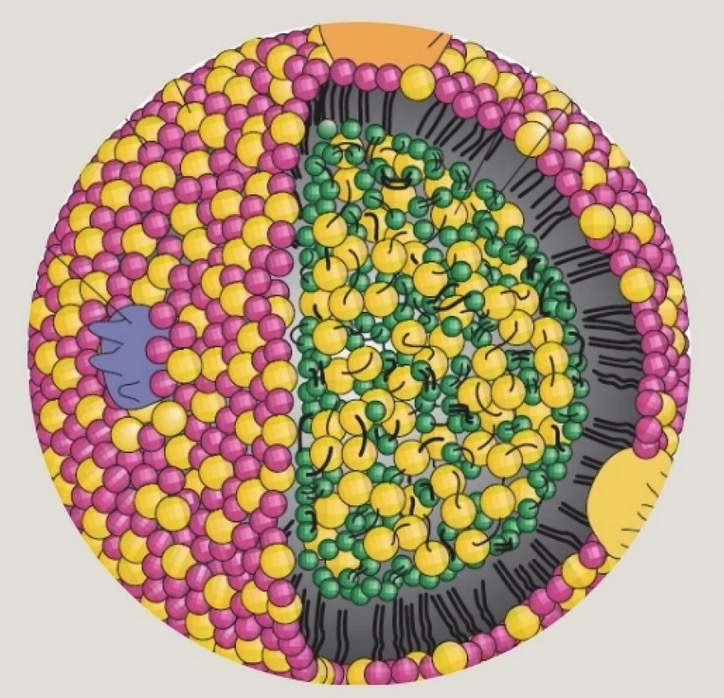Introduction: For half a century, a high level of total cholesterol (TC) or low-density lipoprotein cholesterol (LDL-C) has been considered to be the major cause of atherosclerosis and cardiovascular disease (CVD), and statin treatment has been widely promoted for cardiovascular prevention. However, there is an increasing understanding that the mechanisms are more complicated and that statin treatment, in particular when used as primary prevention, is of doubtful benefit.
Areas covered: The authors of three large reviews recently published by statin advocates have attempted to validate the current dogma. This article delineates the serious errors in these three reviews as well as other obvious falsifications of the cholesterol hypothesis.
Expert commentary: Our search for falsifications of the cholesterol hypothesis confirms that it is unable to satisfy any of the Bradford Hill criteria for causality and that the conclusions of the authors of the three reviews are based on misleading statistics, exclusion of unsuccessful trials and by ignoring numerous contradictory observations.
Full Paper: https://doi.org/10.1080/17512433.2018.1519391


Great phrase! new to me, I had to look it up. For what it’s worth, I don’t have any personal investment in the LDL debate. My LDL falls in the recommended guideline ranges anyway. https://hackertalks.com/post/6749910
I’m just curious.
I think your statements and the paper are congruous. The target audience for the paper are the people who treat LDL in isolation.
It does appear that Targher et al do agree with your concerns of the paper: https://doi.org/10.1080/17512433.2019.1561100
My understanding of Ravnskov’s commentary in the LDL-C paper is not that statins have no value in all circumstances, but that diet and lifestyle treatments (he implies, but does not say explicitly) would have more impact in isolation then statins in isolation especially in contexts where LDL is the only presenting risk factor.
Ravnskov does state that there is a significant relative risk reduction with a statin, but the absolute risk reduction isn’t significant. Ravnskov’s commentary about the pre-study washout skewing results would apply to the meta-analysis and Cochrane review below
I couldn’t get access to the supplement section to see the list of studies included to compare against Ravnskovs included studies, but the papers mortality numbers are all presented in RR terms.
It appears that only RR is computed.
Ravnskov does include many of the studies from Figure 1.
This is also a major point Ravnskov makes.
I really appreciate you reading the paper and giving us your analysis. This is exactly why I come to lemmy.
I suppose Ravnskov’s new opinion on the EU CVD guidelines would also not be viewed favorably? https://doi.org/10.1080/17512433.2020.1841635
As far as I’m aware there is no analysis of statins on a healthy adult population, it would be interesting to see. https://doi.org/10.3390/medicina57060585